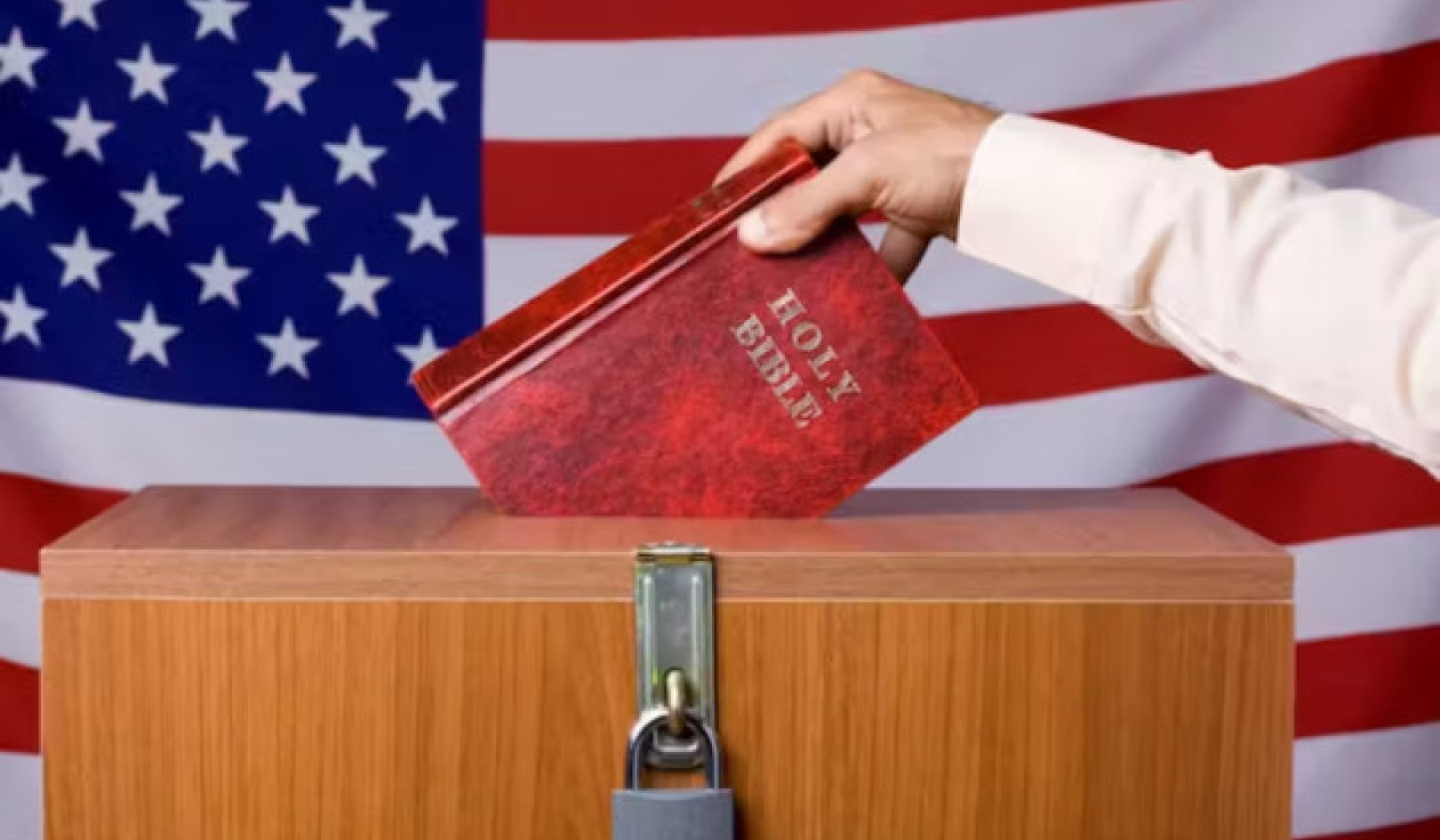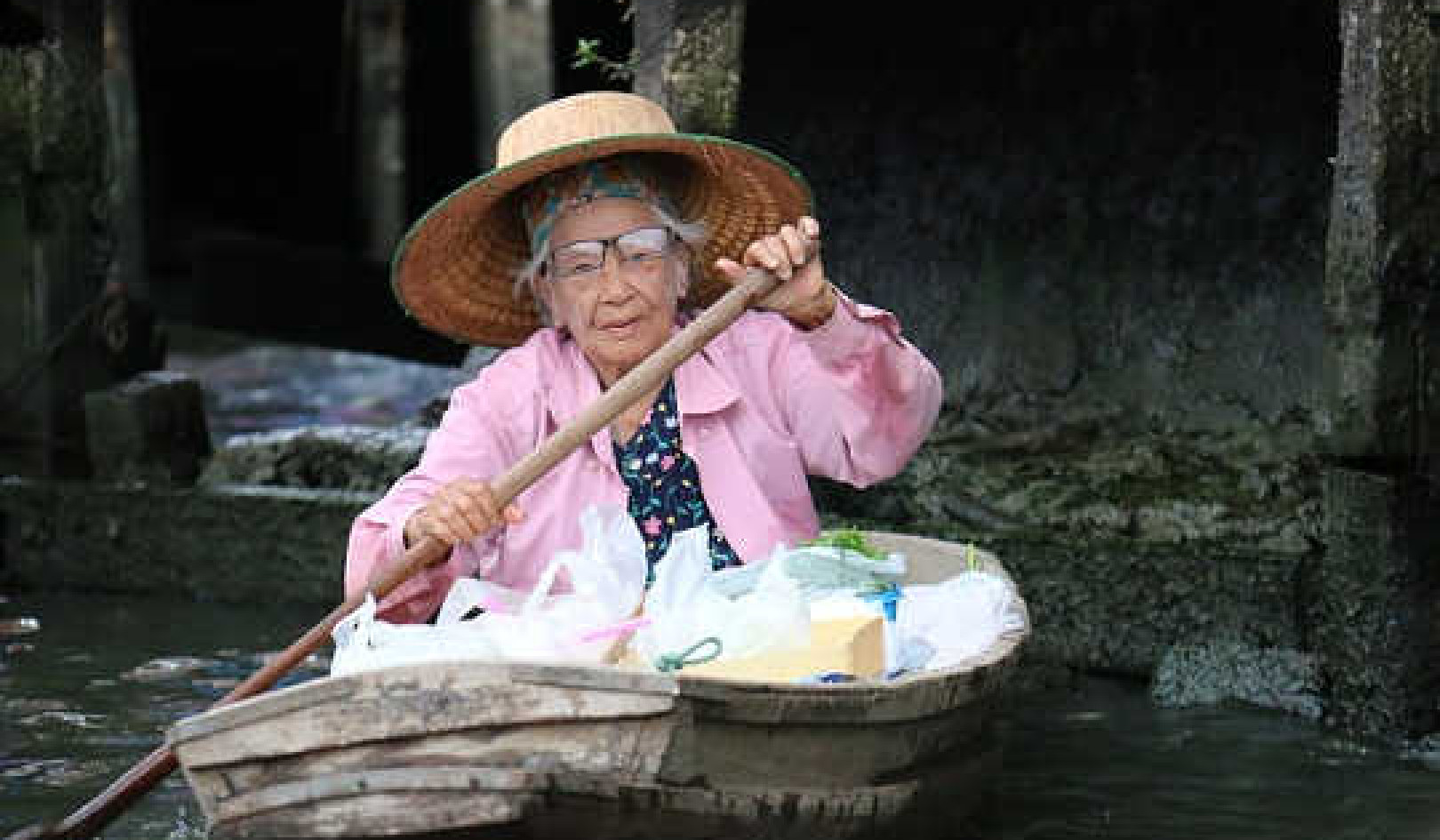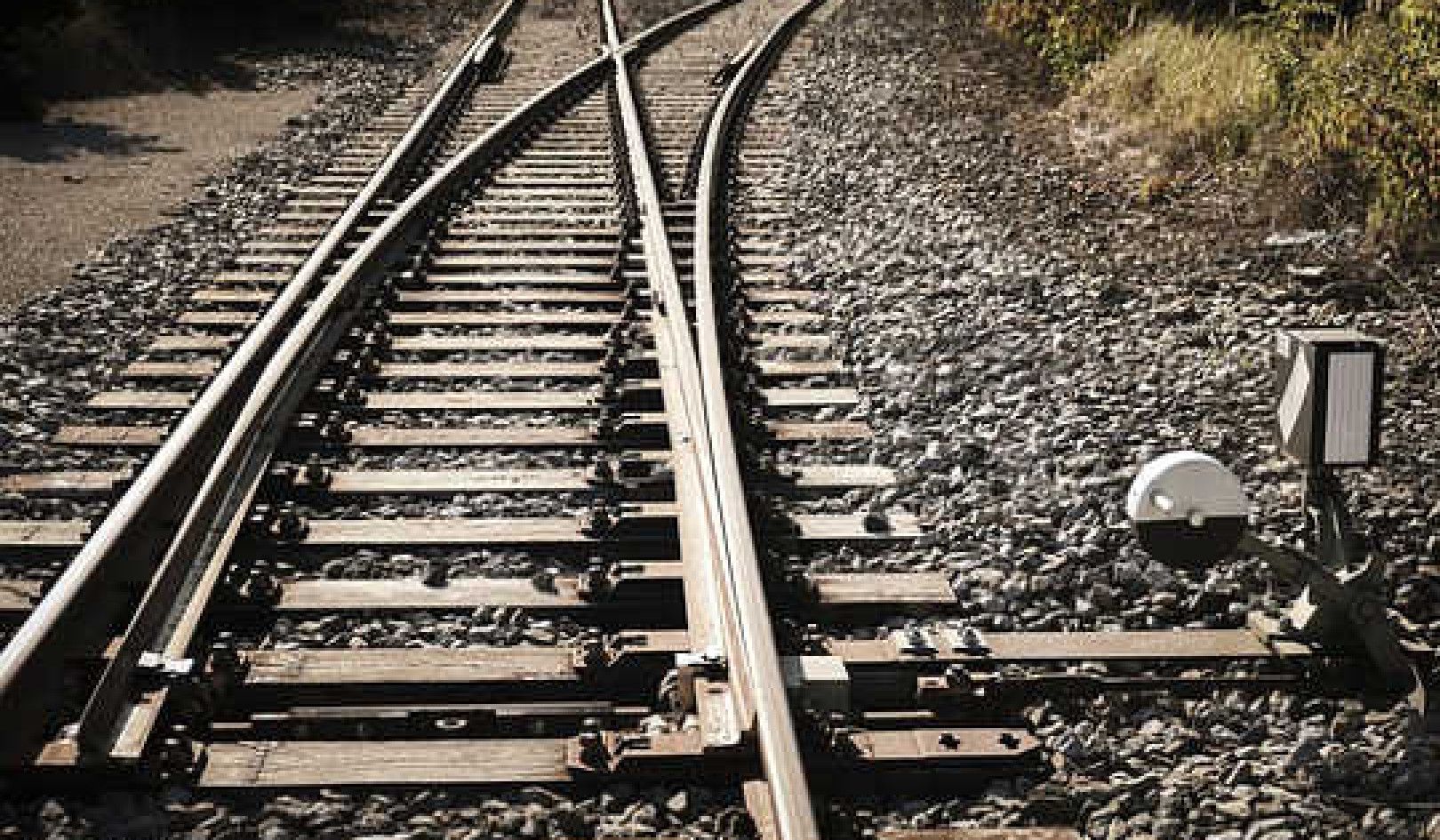
After months of frantic intrigue, the federal election is finally over but, if anything, we seem set to escalate the controversy. Conflict is increasing as people ask themselves the question, often genuinely confused and fearful about potential answers: “What now?”
Extreme reactions on all sides brings to mind that well-known model for human relationships known as the Drama Triangle, developed by psychotherapist Stephen Karpman. “The Karpman Drama Triangle models the connection between personal responsibility and power in conflicts, and the destructive and shifting roles people play. He defined three roles in the conflict; Persecutor, Rescuer (the one up position) and Victim (one down position).”
When we view the situation through this lens it becomes easy to understand the polarization that’s happening. In this drama triangle we are the Victims of government inefficiency or corruption, a rigged election, apathetic voter turn out, etc. The Persecutor is either Mr. Trump or Secretary Hillary and the Obama administration or any of those supposed reasons why things went the way they did or didn’t. The Rescuer of the Hour is Trump, who promised during one speech (after enumerating the many disasters threatening us) that he was the only one who could fix things. Or, perhaps the rescuer could be someone who figures out ways to thwart his agenda.
Removing Ourselves from the Drama Triangle
Rather than taking sides or even evaluating the validity of all this, let’s excuse ourselves from the Drama Triangle itself. This would easily qualify for what Robert Frost referred to as taking “the road less traveled.” Here’s the closing stanza from his epic poem:
“Two roads diverged in a wood, and I –
I took the one less traveled by,
And that has made all the difference.”
--The Road Not Taken
lmagine if we embraced our political challenges as an opportunity to take the road less traveled? What difference could this make? For starters, it would mean refusing to be a victim, refraining from playing the blame game by pointing fingers at a persecutor, and abandoning hope that anyone can save us. Or, framed in a single sentiment, we would take responsibility for ourselves.
In times like this people wonder, what can I do? I ask, “Who can we be?” Gandhi chose his words well when he advised us to “be the change we wish to see in the world.” This points to full responsibility, to walk our talk, and personally provide what we might otherwise complain was missing.
Obviously, we would prefer our elected officials to have integrity, to make their decisions with the electorate in mind rather than only doing the bidding of their corporate donors, and to not force their personal beliefs on us. But we voted, we chose, now we can stay engaged as citizens, but – most important and most impactful – we can commit to being a personal example of what’s needed.
What's Really Called For Right Now
This may sound hopelessly naïve and simplistic but I feel what’s really called for right now is to be good neighbors. Time was when we helped each other, without polarizing according to political, religious, or economic opinions. Community came first, taking care of each other. It’s both encouraging and discouraging to notice how we tend to pull together in emergencies. Great, but do we need to wait for an emergency before we help each other?
Underneath the dogma, we’re all pretty much the same and we want very similar things. We may differ wildly on how to achieve them, but if we start with objectives that we can agree on, like safety for our children, health care for all of us, an economy that rewards honest work, etc., then perhaps we can each travel our own road towards consensus.
The standard conflict resolution model follows a very different pattern: “Each side takes a position, argues for it, and makes concessions to reach a compromise.” So say the authors of Getting to Yes, as they prepare to offer their radical alternative, summed up this way:
"The most powerful interests are basic human needs. In searching for the basic interests behind a declared position, look particularly for those bedrock concerns that motivate all people. If you can take care of such basic needs, you increase the chance both of reaching agreement and, if an agreement is reached, of the other side’s keeping to it. Basic human needs include: security, economic well-being, a sense of belonging, recognition, and control over one’s life. As fundamental as they are, basic human needs are easy to overlook."
Rising to the Occasion In Times of Crisis
Sitting atop a very different kind of triangle – Abraham Maslow’s hierarchy of needs – sits “self-actualization.” Ironically, this need is often met through handling a crisis. To experience personal meaning in greater depth, we often need to be jolted out of our comfort zone, confronted with urgent challenges sufficient to motivate us towards change.
Now is such a time, exactly what the Chinese character for danger and opportunity represents in one symbol. The question is, will we rise to the occasion and provide what’s needed in our own living or not? There are always others to blame, circumstances to bemoan, a host of reasons to remain a victim and wait for the cavalry to ride in. But perhaps, post election, the situation is sufficiently urgent that enough of us can walk this less traveled road and actually make a difference.
What Are We Missing?
Political pundits have pointed out how Democrats missed a big beat, assuming support where it wasn’t, particularly in working class neighborhoods. Voters there are suffering and they chose a change agent over a status quo veteran. What else did the experts miss and what are we missing?
Ultimately, we tend to miss the fact that our happiness does not depend primarily on others, that the much-vaunted “pursuit of happiness” is futile. That may sound blasphemous but it’s also true. In 2016 America ranks 13th in the World Happiness Report, behind countries like Iceland and Israel, both with more significant recent challenges than we have been facing.
I like to point out that we all experience what we express. If we want more happiness and love (and who doesn’t?) then the answer is simple: express more happiness and love.
If we wonder what it would mean to travel a road less traveled, here’s a direction: assume 100% personal responsibility for the quality of your thoughts, words, and actions. And if you are asking, “What now?” here’s our opportunity to follow in Gandhi’s footsteps and be the change we wish to see in the world.
Book by this Author
 Living An Awakened Life: The Lessons Of Love
Living An Awakened Life: The Lessons Of Love
by Master Charles Cannon with Will T. Wilkinson.
Click here for more info and/or to order this book.
About the Author
 Master Charles Cannon is the Spiritual Director of Synchronicity Foundation for Modern Spirituality. His other books include: Living An Awakened Life: The Lessons of Love; Forgiving the Unforgivable; Awakening from the American Dream; The Bliss of Freedom; Modern Spirituality; and The Meditation Toolbox. For more information contact Synchronicity Foundation. Visit the website: www.Synchronicity.org
Master Charles Cannon is the Spiritual Director of Synchronicity Foundation for Modern Spirituality. His other books include: Living An Awakened Life: The Lessons of Love; Forgiving the Unforgivable; Awakening from the American Dream; The Bliss of Freedom; Modern Spirituality; and The Meditation Toolbox. For more information contact Synchronicity Foundation. Visit the website: www.Synchronicity.org

























